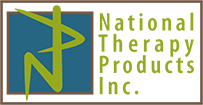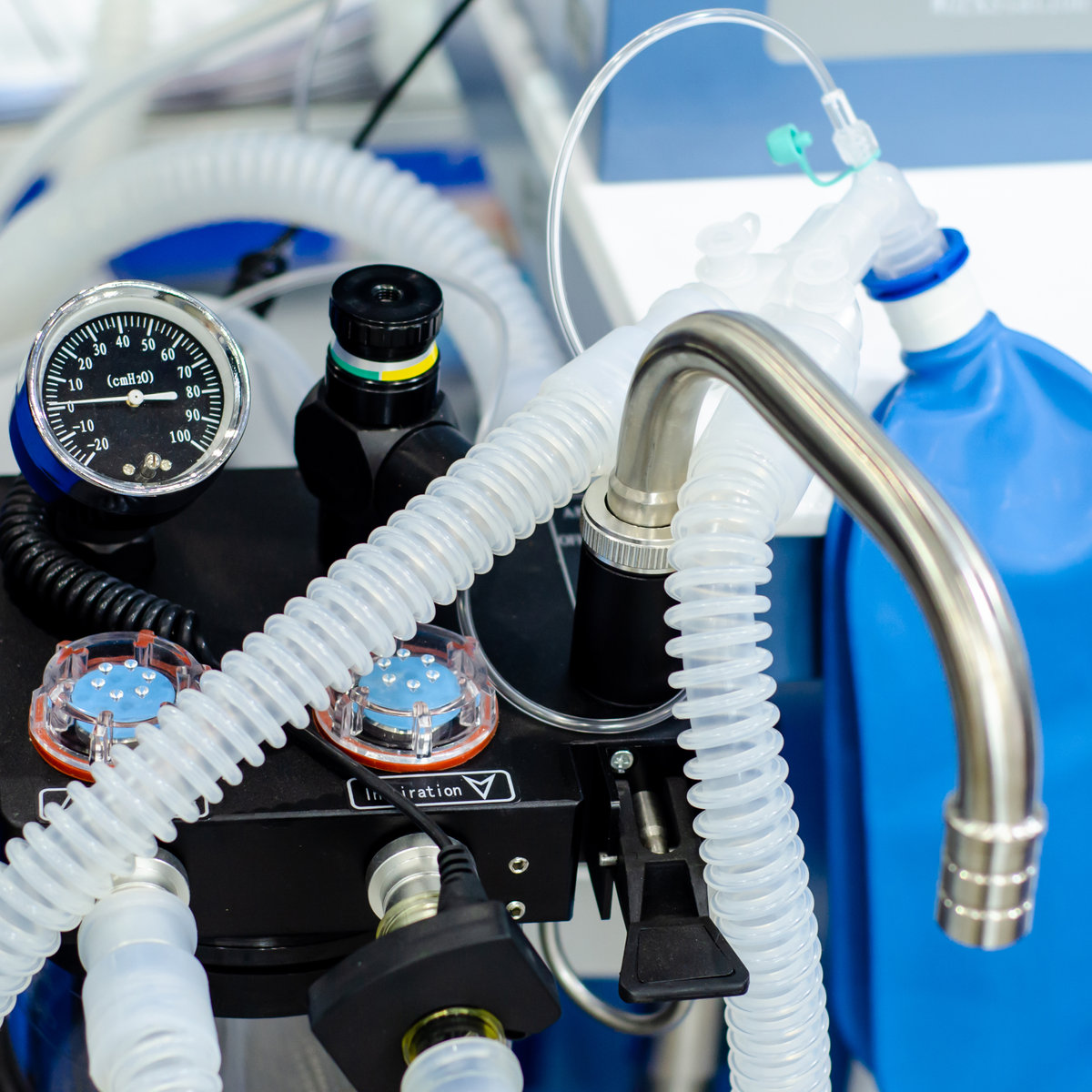There has been a huge demand for access to various products for the health care system in the country, which has prompted the adjustment of guidelines for medical device manufacturers Canada. New and innovative regulatory measures have been put into place by Health Canada to help expedite the review of health products due to Covid-19. At the same time, however, these new measures do not compromise the quality standards or the safety of these products.
Medical devices are vital for preventing, mitigating, treating and diagnosing Covid-19. The devices used include the following:
- Sterilizing devices
- Gowns
- Gloves
- Ventilators
- N95 respirators
- Masks
- Testing devices
- Monitoring devices
- Much more
All of these medical products are divided into 4 different classes. They range from Class I medical devices, which pose a low risk such as thermometers, to Class IV medical devices that pose the highest risks like pacemakers. These devices have different rules for allowing them to be imported to Canada.
Expedited Pathways for Medical Device Authorization
There are different pathways available for the importation or sale of medical devices for Covid-19. While some pathways were in existence before the pandemic hit, the creation of new pathways had to be put into place in order to facilitate the unprecedented need for more devices. All applications and submissions for pandemic-related products are processed quickly while at the same time considering the safety of these products.
Understanding the New Pathways
Medical device companies have had to keep their fingers on the pulse of the changes put into place by Health Canada. Distributors, importers and manufacturers of medical devices must apply for an MDEL (Medical Device Establishment License) before these devices can be sold or imported into Canada. An interim order, however, has been put into place due to Covid-19 that allows for special authorization for distributors or importers to sell a device.
There are certain devices that are permitted into Canada that don’t meet the regulatory requirements but have comparable manufacturing standards. These medical devices may include respirators and masks.
Interim Order
Abbreviated applications by manufacturers to Health Canada are now allowed and the fees for the application of this new pathway are being waived. Under the new interim order, manufacturers will not have to hold an MDSAP (Medical Device Single Audit Program) certification.
A guidance document was released by Health Canada to manufacturers to help them organize an application and submit it for selling medical devices. Strict safety standards must still be met in terms of the mandatory reporting of problems, complaint handling, recall procedures and safety requirements.
Health Care Product Manufacturers
As a result of the unprecedented demand for Covid-19 medical devices, manufacturers must increase their capacities quickly. Workers in the healthcare field and patients count on these products. The new capacity required to manufacture more products can be a complex task to set up in the supply chain, which is multi-tiered and highly regulated.
This huge demand for manufacturers to deliver more supplies goes through 3 different stages.
Stage 1 – At first the requirement for more devices can be met using existing inventory. As the supply dwindles, however, backup orders go on the rise and shortages start to develop.
Stage 2 – Bottlenecks develop in the supply chains due to the limited capacity for production and the lack of raw materials to make the products.
Stage 3 – There is a worsening of supply problems due to plant closures and lockdowns. Trade restrictions and travel also slow down the supply chain.
As a result, many of the medical device manufacturers have had to struggle to meet the growing demands. While numbers tend to go up and down as the Covid-19 pandemic evolves, health authorities and manufacturers are all aware that more outbreaks can happen at any time and can renew the demand for more products.
There are different interventions that can provide a smoother flow to the supply chain and they have been put into place to one degree or another during the outbreak. Many companies that manufacture the raw materials for making these devices have been declared an essential service, with factories remaining open to produce these materials.
With the spike in demand, many companies that were producing other materials, such as car supplies, decided to retool their facilities in order to make components that could be used for medical devices. This was an important factor in helping the medical device manufacturing companies keep up with the unprecedented demand for products. Other companies as well such as construction companies, have contributed to the cause by donating supplies such as personal protective equipment, gloves and respirators to hospitals.
Existing Capacity
Manufacturers have also had to take a second look at their capacity levels in order to increase supplies. There are different things that can compromise the overall effectiveness of equipment such as equipment failure, poor production rates, low quality materials and how long it takes for equipment set-up. As well, production lines must be assessed to make sure that they are being used to the fullest.
Production lines have had to be streamlined by most companies in order to increase the overall effectiveness of the production chain. Evaluations need to be done often on the end-to-end chain of supplies to determine why any bottlenecks are happening. When the cause is found, it needs to be corrected quickly.
In order to expand capacity, every stage of the manufacturing process needs to be assessed and the supply chain needs to be modelled. Every stage of the process should be examined in regards to how many units of product can be handled by the employees and the equipment.
In some cases, low supply levels of medical devices in healthcare facilities may be due to other causes. For example, there may not be a products shortage but the problem may lie with slow shipping. There may also be administrative slowdowns causing these low levels of supply. As each cause is found and handled, there remains the need to continue the assessment of the production line to root out the cause of any further bottlenecks.
National Therapy is a distributor of medical devices from renowned health care product manufacturers including supplies from medical device companies Toronto. For more information about these devices or to place an order, please visit our website now at nationaltherapy.com.

.png)



